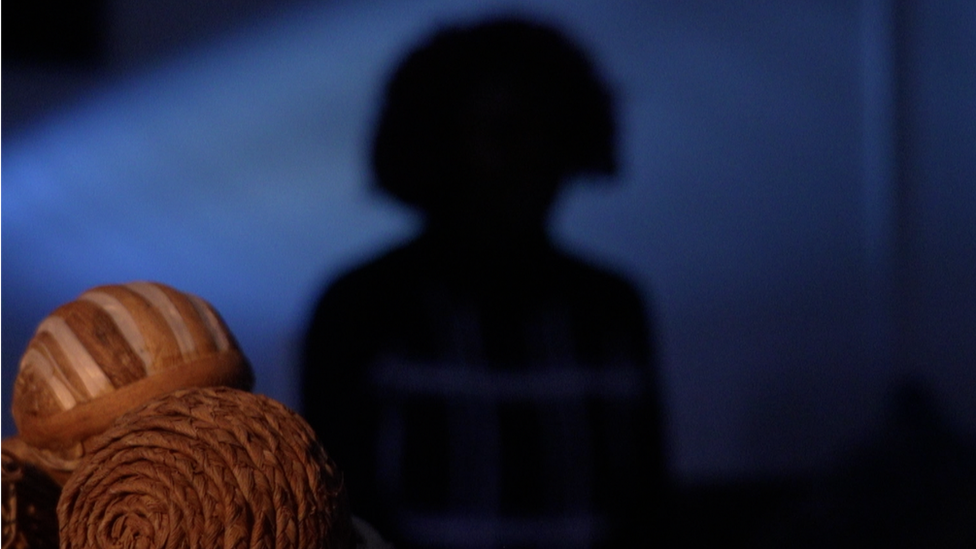Modern slavery backlog could be 'eradicated' in two years
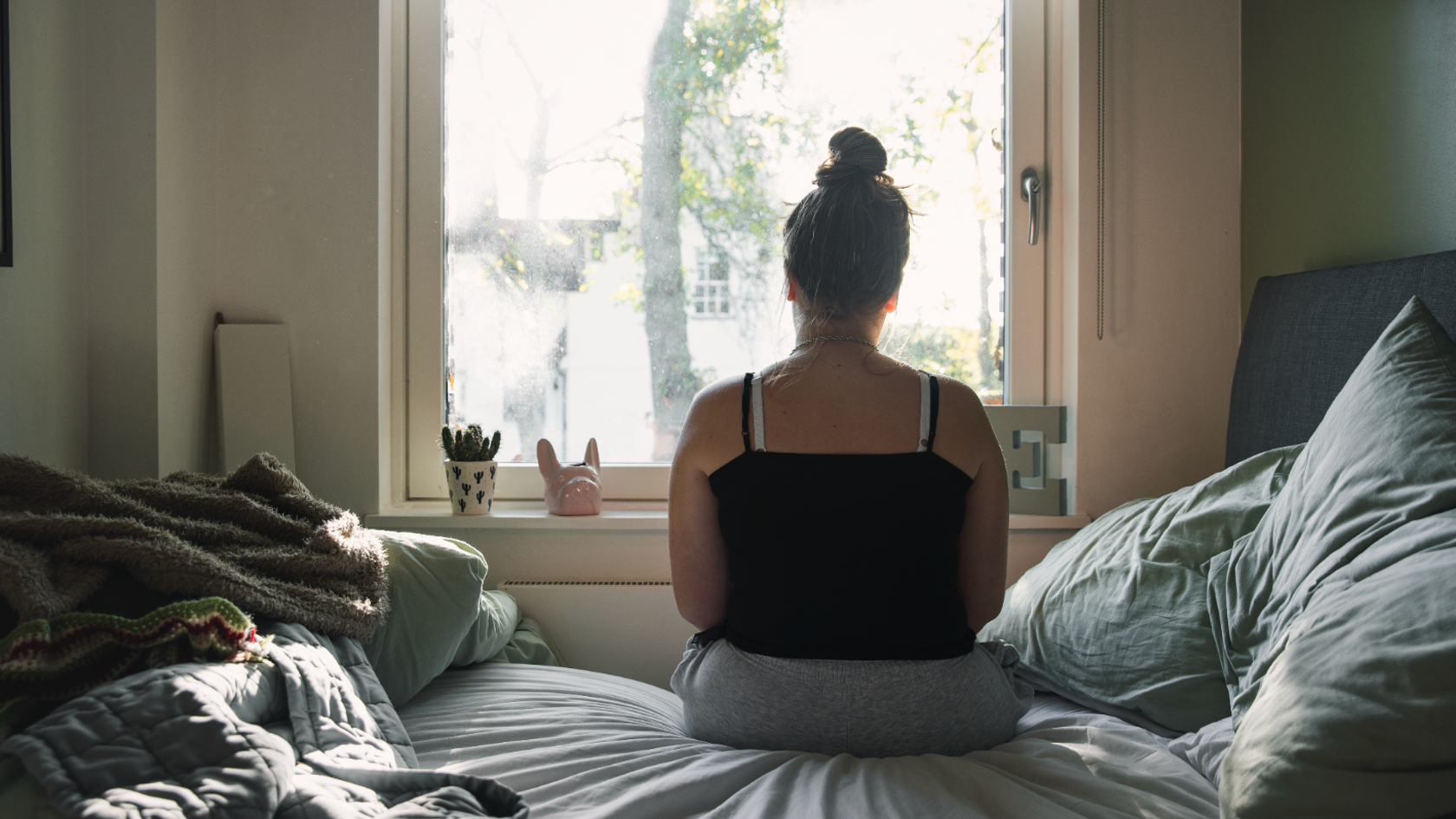
Last year there was an increase in suspected female victims referred to the authorities
- Published
A backlog of thousands of modern slavery cases could be "eliminated" within two years, the government has said.
Latest figures show more than 23,000 suspected victims, including children, are still waiting for a decision from the Home Office regarding their status, including a woman at a safehouse in Sussex and a man paid £10 a day.
Some have already spent up to four years in a safe house, according to the Independent Anti-Slavery Commissioner, who welcomed the ambitious plans but called for more prosecutions.
Safeguarding minister Jess Phillips MP announced on Friday that she would recruit 200 extra staff to "eliminate" the backlog, adding the issue was one of her "top priorities".
The average wait for a conclusive decision, external is more than 500 days, according to government figures.
In 2023, there was a record high of 16,996 potential victim referrals to the National Referral Mechanism, external across England and Wales.
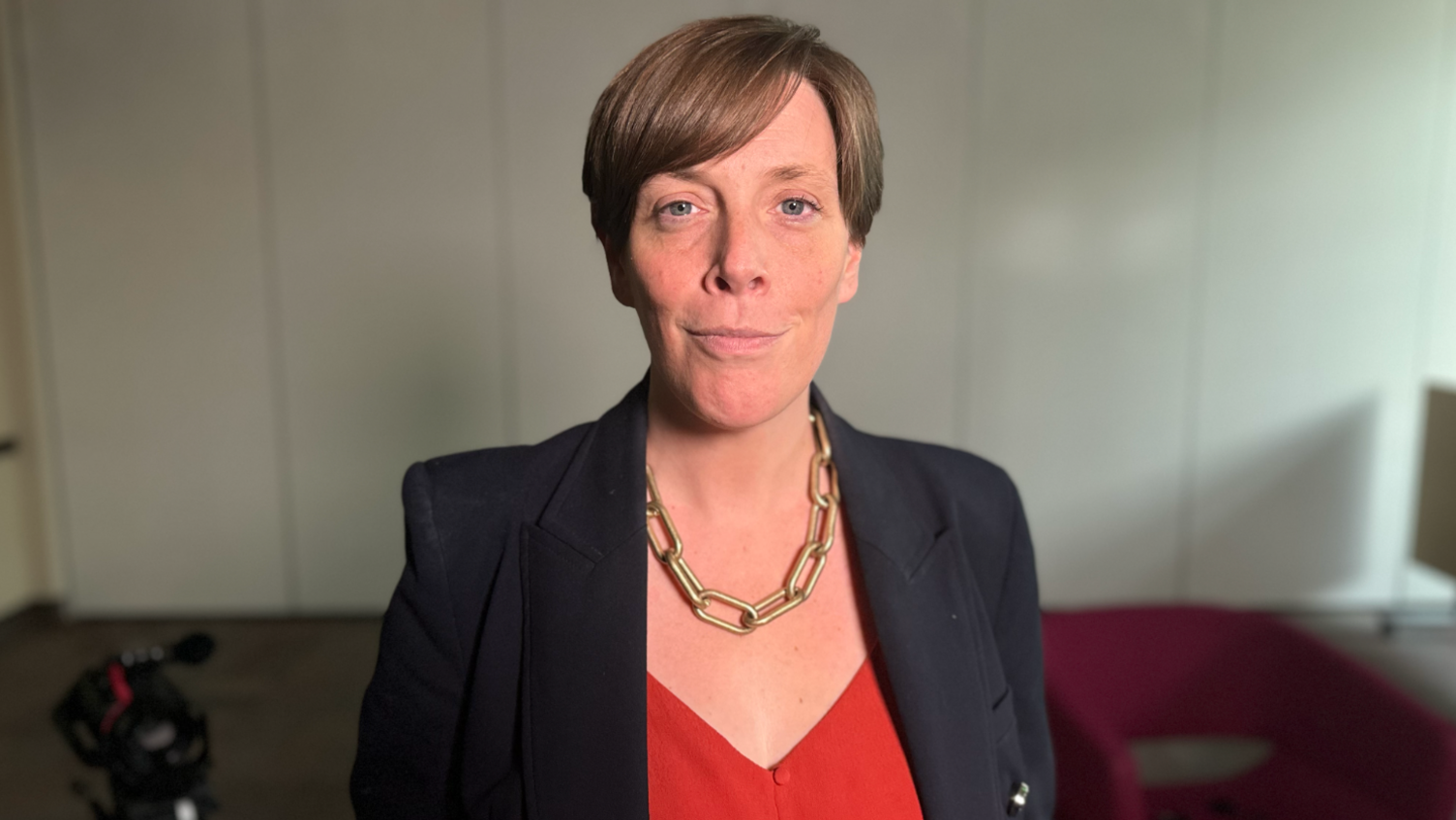
Jess Phillips MP says the two-year deadline will hold the government accountable
Modern slavery is the illegal exploitation of people for personal or commercial gain where victims are forced into work for little or no pay, including sex work and criminal activity.
Last year a quarter of all referrals were people from the UK, closely followed by Albanians and third were Vietnamese.
The minister wouldn't confirm how much the recruitment will cost, but said the money has been reallocated from existing budgets including the former Conservative government's scrapped Rwanda plan.
The new employees are expected to join the 650 existing Home Office staff processing cases in "early 2025".
In an interview with the BBC, safeguarding minister Phillips has pledged to reform the modern slavery system and increase the number of prosecutions.
"This government will use every lever at its disposal to support them [victims] while we pursue those who callously profit from their trauma and misery,” she said.
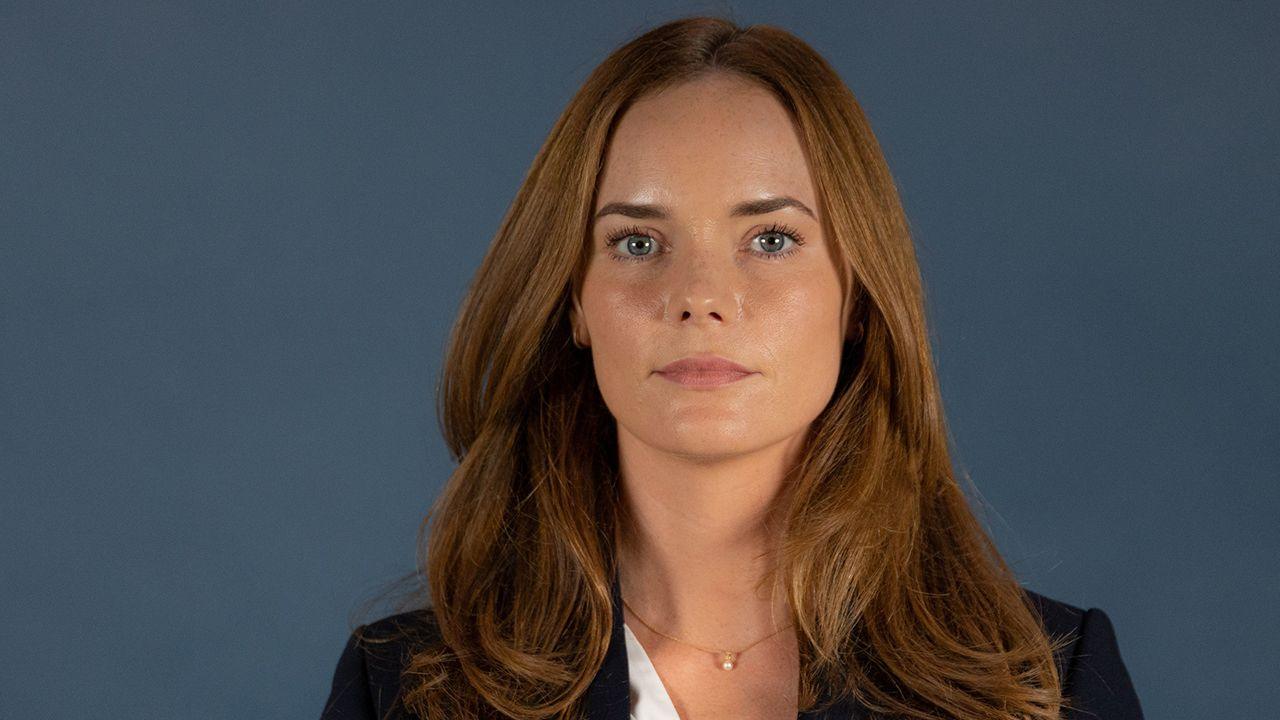
Anti-slavery commissioner Eleanor Lyons says victims fear deportation or prosecution
Eleanor Lyons, the Independent Anti-Slavery Commissioner, said survivors are having to wait far too long to receive the support they deserve and the recognition that they are victims of modern slavery.
"Providing more caseworkers to speed up decision-making is a welcome step in the right direction," she said.
"But more must be done to make sure victims of modern slavery are protected and that the perpetrators of this crime are prosecuted," she added.
"That’s why a government strategy is needed to make tackling modern slavery a priority and policy should be informed through listening to survivor voices and experiences," she said.
Ms Lyons suspects there around 120,000 more people currently being exploited "in every community across the country".
The number of referrals of suspected victims to police forces in England and Wales has increased by nearly 70% in the last five years.
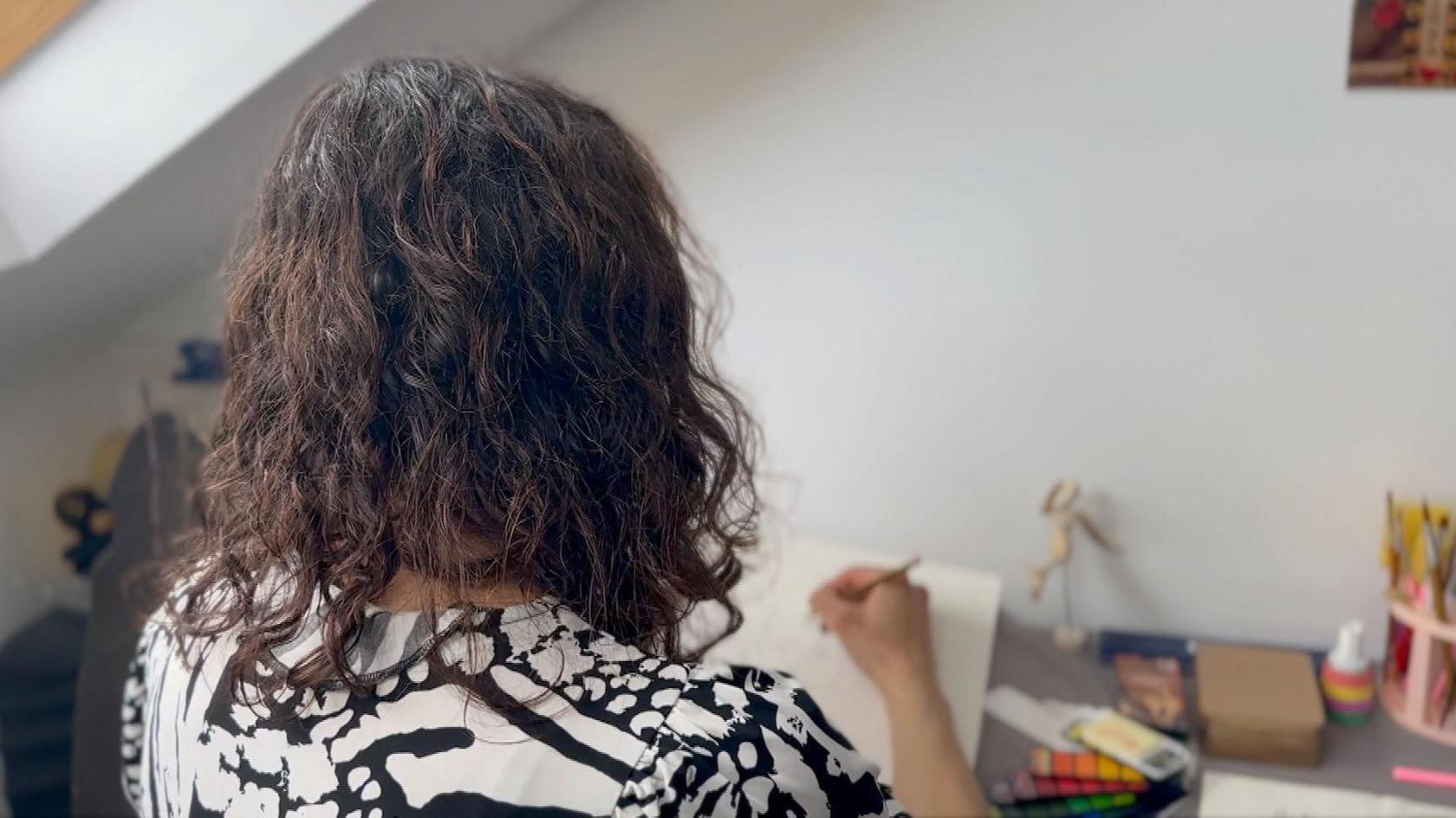
'Maria' was made to work a number of jobs in different locations
'Maria' came to the UK from Brazil and started working for relatives.
She was made to sleep on the kitchen floor on a mattress with three children she was forced to care for.
She says she would cook and clean and look after the children 24 hours a day.
Before that, she was made to work in lots of different places doing different jobs.
She said: "I started working 24 hours without payment.
"I was still paying back the money that they lent me but I was not receiving anything else.
"When the situation totally affected my mental health and I couldn't handle it anymore, I tried to speak with my family and ask for their help but they told me I would have to pay them."
Her family kicked her out of the home and she was living on the streets, before being taken to a safe house in Sussex by the Salvation Army.
'I worked for £10 a day'
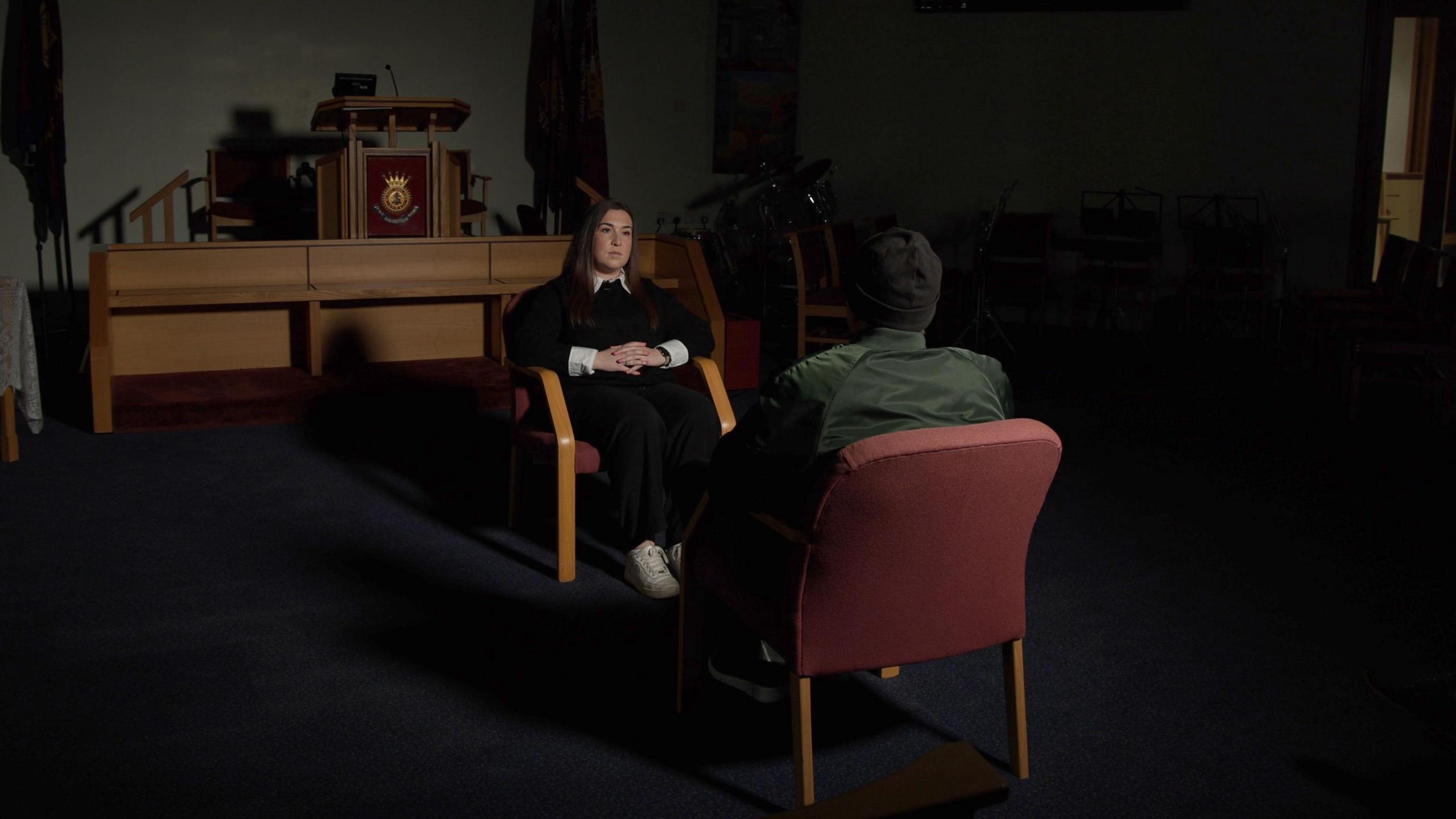
Daniel was kept as a slave for more than five years
'Daniel' who's originally from the Baltic states, earned £10 a day on a construction site where he was made to work up to 12 hours a day.
He worked on sites across the UK and was forced to do it for more than five years.
He said: "There was no contract and they didn’t pay what they promised to pay.
"They used to psychologically abuse us but sometimes it was physical force too."
He said they had to sleep in an attic which was "humiliating".
The Salvation Army, which provides support for adult survivors of modern slavery, welcomed today's announcement.
But it added that record numbers of people are now turning down specialist help, external.
The organisation claims recent changes in the law "conflating modern slavery with immigration" has made victims fearful they'll be prosecuted and deported.
Major Kathy Betteridge, director of anti-trafficking and modern slavery, said: “The Nationality and Borders Act (2022) and the Illegal Migration Act (2023) have created a climate of fear, where people who have experienced modern slavery cannot trust that they will be treated as victims of crime and given the support they need."
You can call the UK Modern Slavery & Exploitation helpline on 08000 121 700 or file a report online here, external.
Related topics
- Published30 September 2024
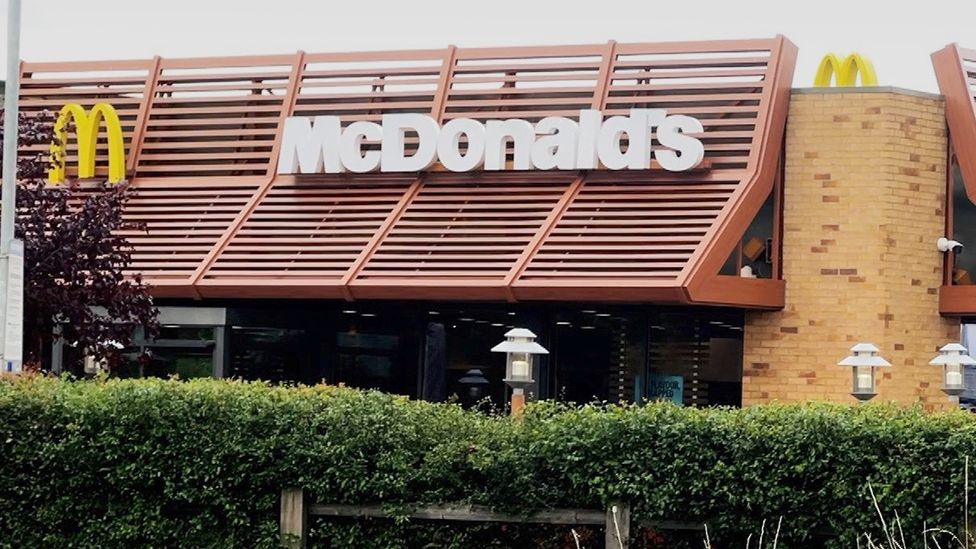
- Published4 July 2024
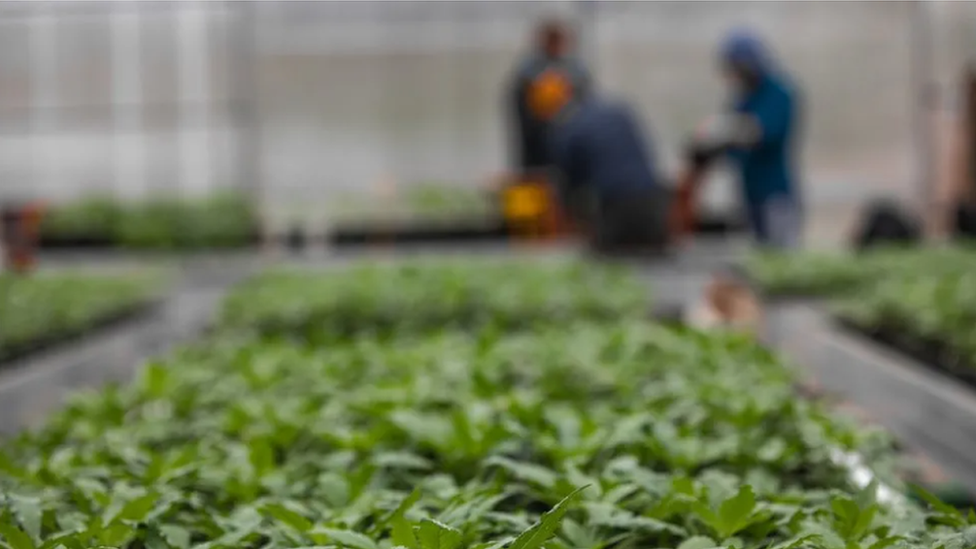
- Published14 March 2024
